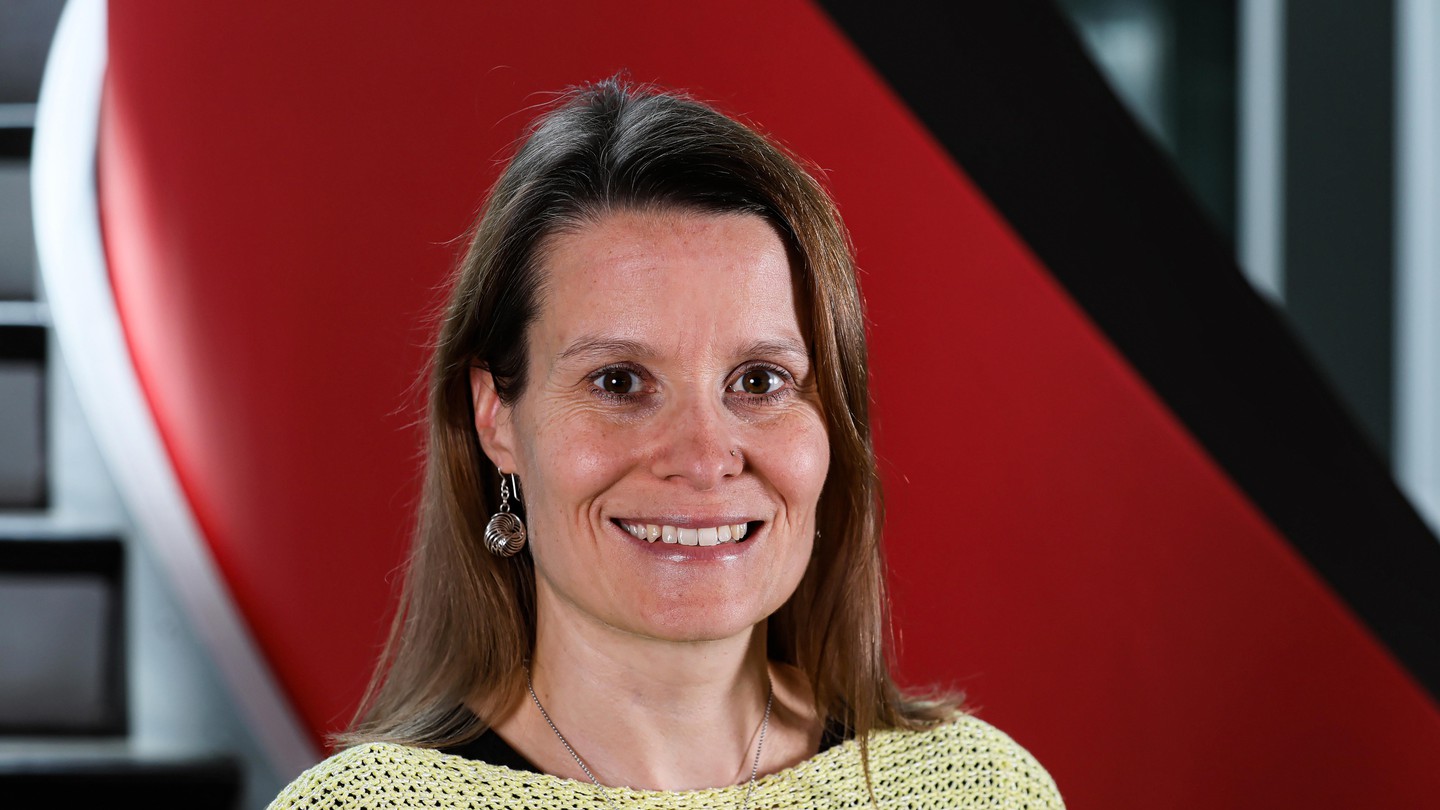When it comes to soft skills like project planning, communicating and risk assessing, there is often a gap between the employer’s expectation and what engineering graduates bring to the table. Engineering schools could do more to prepare their graduates for the job market by incorporating these skills into their curricula. Various kinds of team-based projects are used to address this challenge, but a new study clarifies which approaches work best.
“Although team-based projects are very common in engineering programs, we do not really know to what extent students learn professional skills from this type of experience,” says Cyril Picard, a PhD student at EPFL’s Laboratory for Applied Mechanical Design. For his thesis, he looked at what approaches could promote the development of these skills among engineering students. The research was carried out jointly with Prof. Jürg Schiffmann, the head of Picard’s lab, and Cécile Hardebolle and Roland Tormey from EPFL’s Teaching Support Center (CAPE). Their paper, titled “Which professional skills do students learn in engineering team-based projects?,” appears in the European Journal of Engineering Education.
Learning soft skills doesn’t happen automatically
Professional skills tend to be addressed implicitly in traditional curricula. When courses include projects, students are often expected to pick up these skills alongside the technical concepts – but often the technical concepts are the only ones addressed explicitly.
“It’s widely believed that by working in teams, students will automatically acquire soft skills like project management,” says Picard. “Our study aimed to find out whether that is actually true.” The research team used a questionnaire developed at EPFL to assess students’ professional skills in two Bachelor classes and one Master class in mechanical engineering taught by Prof. Schiffmann. The results indicate that while team-based projects do help students learn technical skills and prepare for exams, they do not necessarily equip them with professional skills.
Targeted instruction needed
The Master class used for this study explicitly addressed planning and risk management through both theoretical discussions and individual feedback, which was not the case for the two Bachelor classes. As a consequence, the researchers could compare the two groups of students and gain valuable insights. “The students who worked on team-based projects but were not given specific instructions on project management and risk assessment did not learn much about those things,” says Picard. “On the other hand, students who received classroom instruction and project-specific feedback on those skills, and were then assessed on them, ended up acquiring them.”
“There is no secret”, adds Hardebolle, who works as a teaching advisor at CAPE, “if we want students to develop professional skills, we need to support them in this task.”
Small changes with a big impact
Prof. Schiffmann was not surprised by the study’s findings. “Teaching always involves building students’ awareness of the specific issues we want to address,” he says. The study shows that “real gains can be achieved by making a relatively small effort – such as including theory and project-specific feedback, particularly in the area of planning and risk management. Our findings are notable in that they can help us better understand how projects can be effectively incorporated into traditional classes.”

